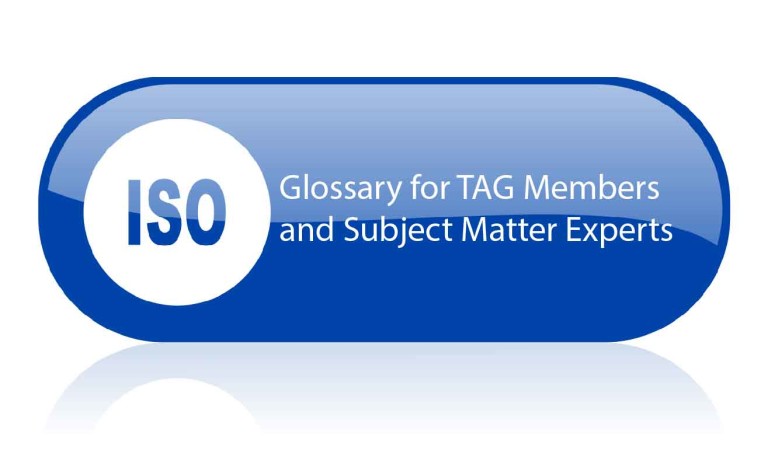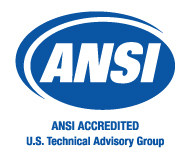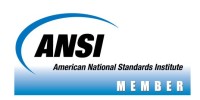US/TAG Glossary

Common Abbreviations
TC: Technical Committee
SC: Subcommittee
WG: Working Group
NP: New Work Item Proposal
WD: Working Draft
CD: Committee Draft
DIS: Draft International Standard
FDIS: Final Draft International Standard
Definitions
Comment – A position (for or against), opinion, observation, explanation, criticism or recommendation concerning a proposal to develop or revise a standard. A comment can also refer to a technical justification of a negative vote or an explanation of an abstention or affirmative vote.
Consensus – General agreement, characterized by the absence of sustained opposition to substantial issues by any important part of the concerned interests and by a process that involves seeking to take into account the views of all parties concerned and to reconcile any conflicting arguments. Consensus, which requires the resolution of substantial objections, is an essential procedural principle and a necessary condition for the preparation of International Standards that will be accepted and widely used. Although it is necessary for the technical work to progress speedily, sufficient time is required before the approval stage for the discussion, negotiation, and resolution of significant technical disagreements.
Draft Standard – Proposed standard that is available generally to comment on, voting or approval.
Harmonization – Coordinating and unifying requirements from multiple standards (often but not always multiple countries’ standards) and providing one inclusive standard that affected businesses and organizations can use to demonstrate compliance with the applicable requirements. Harmonization is a stakeholder-driven effort.
Harmonized standards – equivalent standards on the same subject approved by different standardizing bodies, that establish interchangeability of products, processes, and services or mutual understanding of test results or information provided according to these standards NOTE Within this definition, harmonized standards might have differences in presentation and even in substance, e.g. in explanatory notes, guidance on how to fulfill the requirements of the standard, preferences for alternatives and varieties.
International Standard – A standard that is adopted by an international standardizing/standards organization and made available to the public.
National Standard – A standard that is adopted by a national standards body and made available to the public.
Safety – Freedom from unacceptable risk of harm NOTE In standardization, the safety of products, processes, and services is generally considered with a view to achieving the optimum balance of a number of factors, including non-technical factors such as human behavior, that will eliminate avoidable risks of harm to persons and goods to an acceptable degree.
Standard Document – Established by consensus and approved by a recognized body, that provides, for common and repeated use, rules, guidelines or characteristics for activities or their results, aimed at the achievement of the optimum degree of order in a given context NOTE Standards should be based on the consolidated results of science, technology, and experience, and aimed at the promotion of optimum community benefits.
Standardization – The activity of establishing, with regard to actual or potential problems, provisions for common and repeated use, aimed at the achievement of the optimum degree of order in a given context.
Standards Program – Working schedule of a standardizing body, that lists its current items of standardization work.
Standards Project – Specific work item within a standards program.
State-of-the-art – Developed stage of technical capability at a given time as regards products, processes, and services, based on the relevant consolidated findings of science, technology, and experience.
Working Group – The group responsible for the development and revision of a standard or group of standards and serves as the consensus body of ISO. Working Groups are composed of subject matter experts who review draft standards and provide technical comments in an effort to achieve a harmonized final version of the standard.
 
|